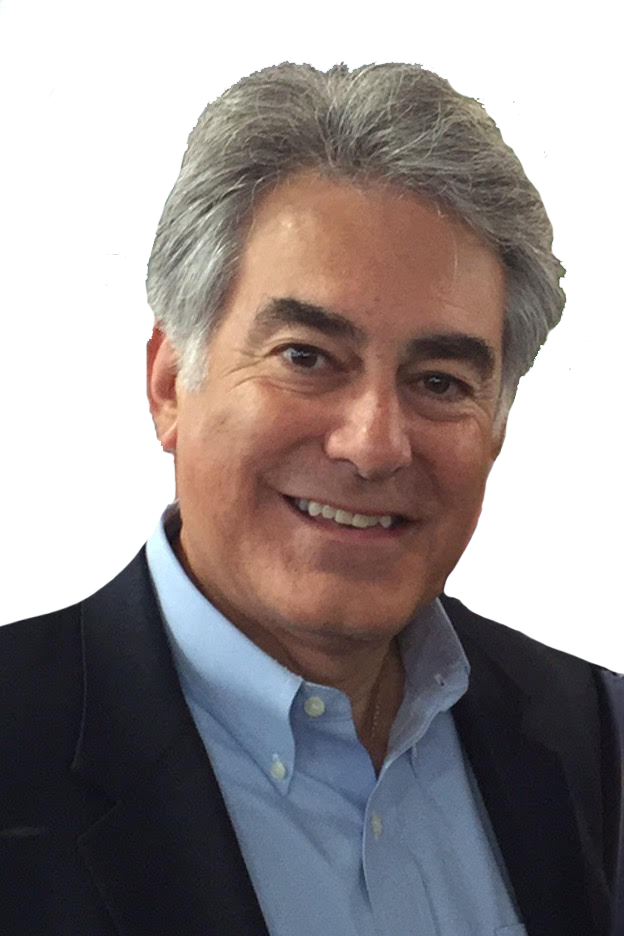Assemblyman Stirpe Meets with U.S. Transportation Secretary on I-81 Issue
Last week, I participated in a roundtable event with U.S. Transportation Secretary Pete Buttigieg, Senator Chuck Schumer, Senator Kirsten Gillibrand and Syracuse Mayor Ben Walsh to discuss the future of the Interstate 81 viaduct in Syracuse, a stretch of highway that has reached its expected lifespan and long been considered a poorly designed portion of road.
The I-81 viaduct was first built over 60 years ago, prioritizing the quick flow of traffic over the greater needs of the city of Syracuse. Following the dissolution of local shops and department stores due to the busy highway, the city has suffered from significant population loss (from 220,000 residents in 1950 to 145,000 in 2010) and an uneven distribution of poverty in certain neighborhoods. While this was not entirely caused by the viaduct, most local historians recognize it as a major factor in the deterioration of downtown. Furthermore, due to a lack of safe shoulder space, the I-81 viaduct no longer conforms to modern federal highway safety standards.
I’ve long supported the initiative to replace the current highway with a transportation plan that would remove the divide through the city, put land back to use for residents and businesses, and serve as a catalyst for regional economic growth. The New York State Department of Transportation first selected the community grid as the preferred option in its draft environmental impact statement in 2019. And, now, federal officials have joined the local discussion to reconstruct and reinvigorate the city of Syracuse.
At the recent roundtable, Secretary Buttigieg noted that President Biden’s proposed infrastructure bill would give cities across the country the funding necessary to not only to repair their existing roads, but also significantly improve their layout to make them safer and more efficient. Senators Schumer and Gillibrand also supported the community grid plan, while joining Buttigieg in advocating for the American Jobs Plan, which will provide $25 billion for the Reconnecting Communities Act and other transportation-related investments.
The Reconnecting Communities Act would provide federal funding for three categories of grants: Community Engagement, Education and Capacity Building Grants; Planning and Feasibility Grants; and Capital Construction Grants. Each category provides funding for construction, planning and community engagement to expand economic opportunities in New York and across the country.
While the I-81 project is still under federal review, the impact of the final community grid decision will be huge for the city and its residents. The work necessary to tear down the highway and build the community grid will bring much-needed construction jobs to Syracuse workers. A community grid will also make the city more walkable, provide space for new businesses and future economic growth, and help reconnect neighborhoods that have been separated for decades.
Another important issue that will be addressed by a community grid is safety. Currently, first responders try to avoid highways as much as possible due to the possibility of unexpected delays. I-81 is also known for high rate of accidents, with rates four times higher on I-81 through the city than on any comparable highway in the state. A grid would be the safer option for both emergency responders and drivers. In fact, the region’s biggest hospitals, St. Joseph’s Hospital Health Center and SUNY Upstate Medical University, have come out in favor of the grid proposal.
The outdated highway that is the Interstate 81 viaduct has done the city of Syracuse more harm than good. We finally have the opportunity of a lifetime to not only right this wrong, but also make something even better out of it. A well-designed and properly-funded community grid would breathe new life into our beloved city, and the current U.S. Secretary of Transportation is ready to help us make it happen.
If you have questions about this or any other issue, please contact my office at 315-452-1115 or StirpeA@nyassembly.gov.
